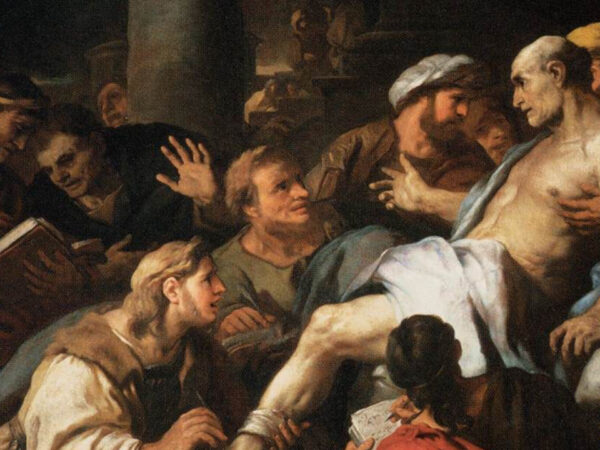


Reinterpreting Albert Camus’s The Plague
The plague that devours Oran is less a proxy for a manifestly odious occupying force than it is emblematic of the contradictions inherent in democracy, in which the limits of liberal universalism and equality collide against the violent reality of state power.

Stoicism as the Art of Learning How to Feel Without Fear
Ignoring the blithe optimism practiced by motivational speakers even in his day, Seneca urges us toward a “steadiness of heart” that is purposeful and “cannot be dislodged from its position.” His advice sounds simplistic, the stuff of cliché and needlepoint pillows. But when have I ever pulled it off?

Ibsen’s Great Haunting
Ghosts is a drama of many themes. At its core, though, is the idea of “sickness” as the inexorable tide we push for, or against. It is the one drama—dare it be said, the only?—wherein “sickness” becomes the widest possible metaphor not just for disease, but inherited social convention, accepted ideology, and the crucible of family without which we cannot survive, but in which we can also decay and die.
